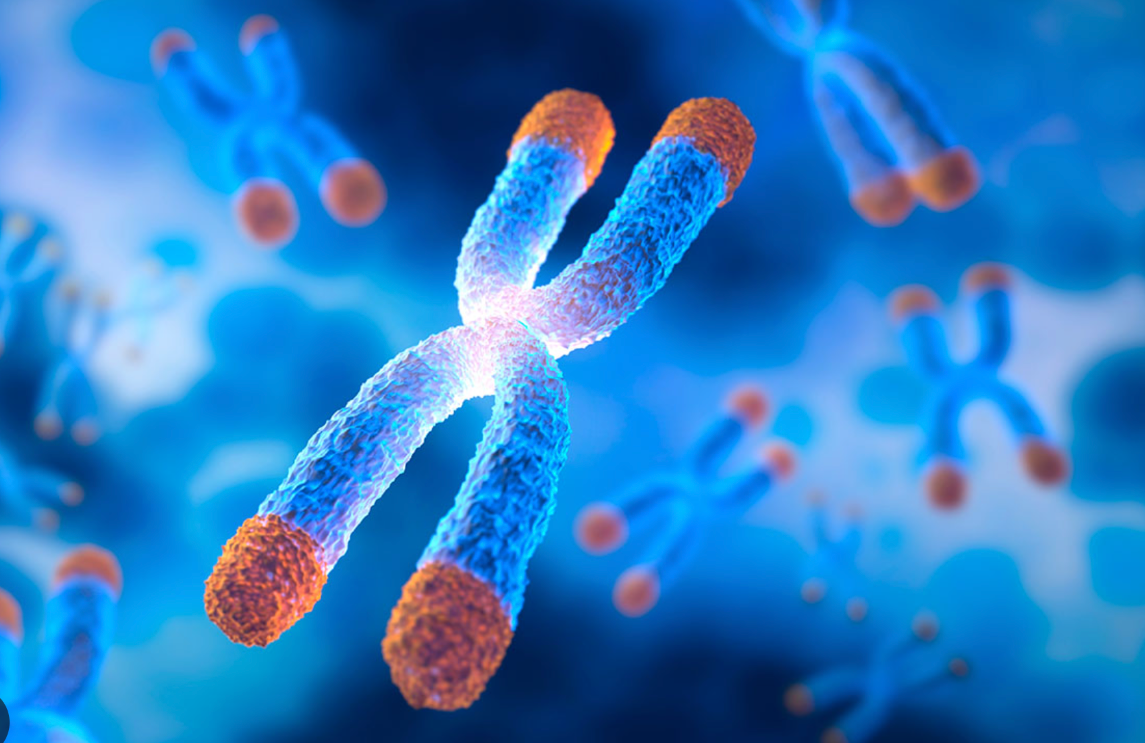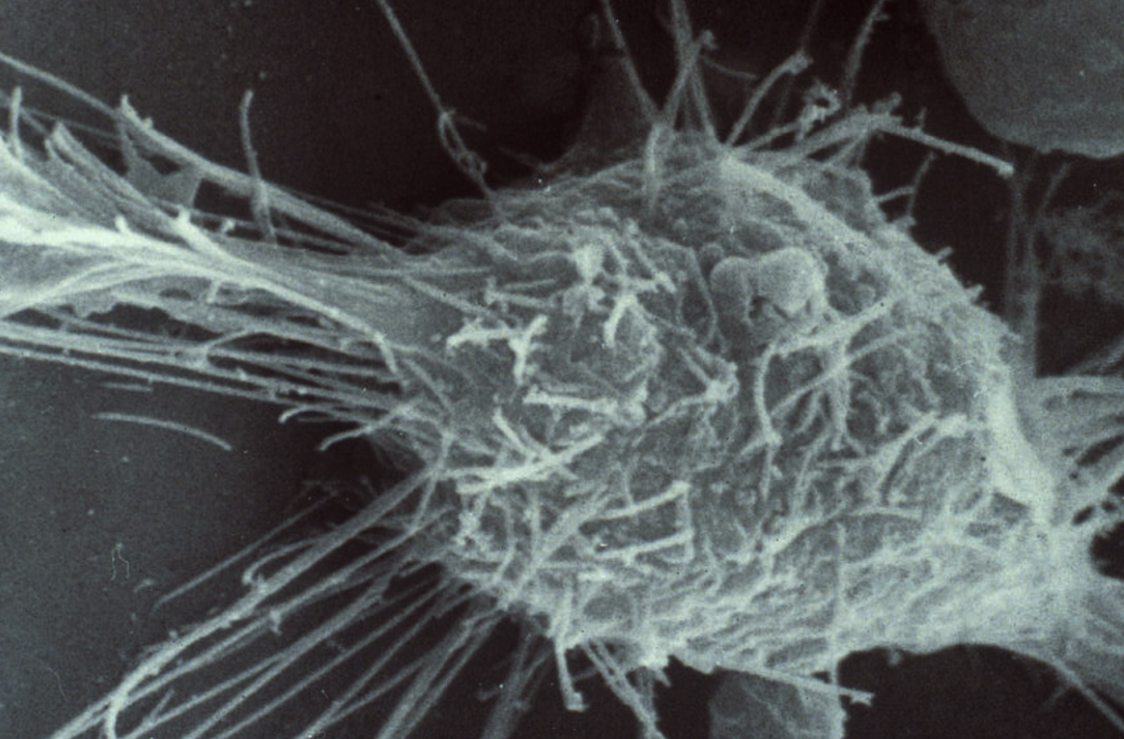
Research
The tips of chromosomes, or telomeres, are critical for genome stability and cell proliferation, but they pose many dilemmas for the cells and organisms. One dilemma is the potentially toxic effect of DNA repair factors at telomeres; these factors are normally beneficial for the cells, but if they mis-perceive the normal chromosome ends as double stranded breaks and attempt to “repair” telomeres, the results can be catastrophic. There are thus inherent conflicts between the telomere and DNA repair machineries that must be managed by the cell to safeguard genome stability. Another dilemma is the “mixed blessing” conferred by telomere DNA lengths, which determine the replicative potential of cells. When telomeres are too short, the cells lose their ability to divide, which can trigger diseases such as bone marrow failure. But when telomeres are too long, there are increased risks for uncontrolled proliferation, i.e., cancers. The organisms must therefore manage the trade-offs between the beneficial and harmful conseuqences of both long and short telomeres to achieve optimal balance.

Figure 1 Telomeres protect chromosome ends and sustain cell proliferation
The Lue lab is working to uncover the regulatory mechanisms that enable the cells and organisms to manage the dilemmas and trade-offs at chromosome ends. Members of the lab approach these issues using a combination of biochemistry and genetics and by leveraging distinct advantages offered by different model organisms. For example, the fungus Ustilago maydis, which exhibits strong similarities to mammals in regard to their telomere and DNA repair proteins, is used as the model system to characterize the complex relationships between these proteins. In a recent study, the group showed that an essential telomere protein becomes dispensable for cell viability when specific DNA repair factors are deleted. This finding provides a compelling illustration that telomeres have evolved to manage DNA repair.
In addition to model organisms, the Lue lab also investigates telomeres in specific cancers, especially neuroblastoma. Telomeres have been shown to play a pivotal role in this aggressive pediatric cancer, but the underlying reasons are not well understood. The lab recently showed that telomeres in neuroblastoma may regulate the differentiation states of tumor cells. Because the differentiation states have been implicated in treatment resistance, relapse and metastasis, telomeres may contribute to neuroblastoma malignancy not only by increasing cell proliferation, but also by altering the differentiation states of the tumor cells.

Figure 2 Image of a neuroblastoma tumor cell
Current Projects:
- Mechanisms of CST and Pol α-primase in telomere maintenance
- Molecular antagonism between the telomere and DNA repair machinery
- Telomeres in neuroblastoma malignancy
Bio
Dr. Lue earned his Ph.D. and M.D. from Stanford Univerity School of Medicine in 1987. As a student in the lab of Roger Kornberg, he developed the first in vitro transcription system for yeast RNA polymerase II, which helped accelerate subsequent progress in the field. Dr. Lue joined the Department of Microbiology and Immunology at WCM in 1996 and started his own research program in telomere biology. Over the past two and a half decades, his research group has provided mechanistic and evolutionary insights on the major complexes that help maintain and stabilize the ends of chromosomes, including e.g., telomerase, CST, and Pol α-primase.
Distinctions:
- Life Sciences Research Foundation Fellowship
- Basil O’Connor Starter Scholar Award
- Burroughs Wellcome New Investigator Award in Pathogenic Mycology
- Established an in vitro transcription system for yeast RNA polymerase II
- Established Candida albicans, Candida glabrata and Ustilago maydis as new model systems for telomere research
